We tell how to be, if the redevelopment was not legalized in non-residential premises of apartments and houses, on the first and basements of MKD or in industrial buildings.
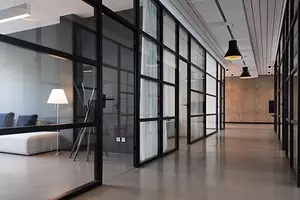
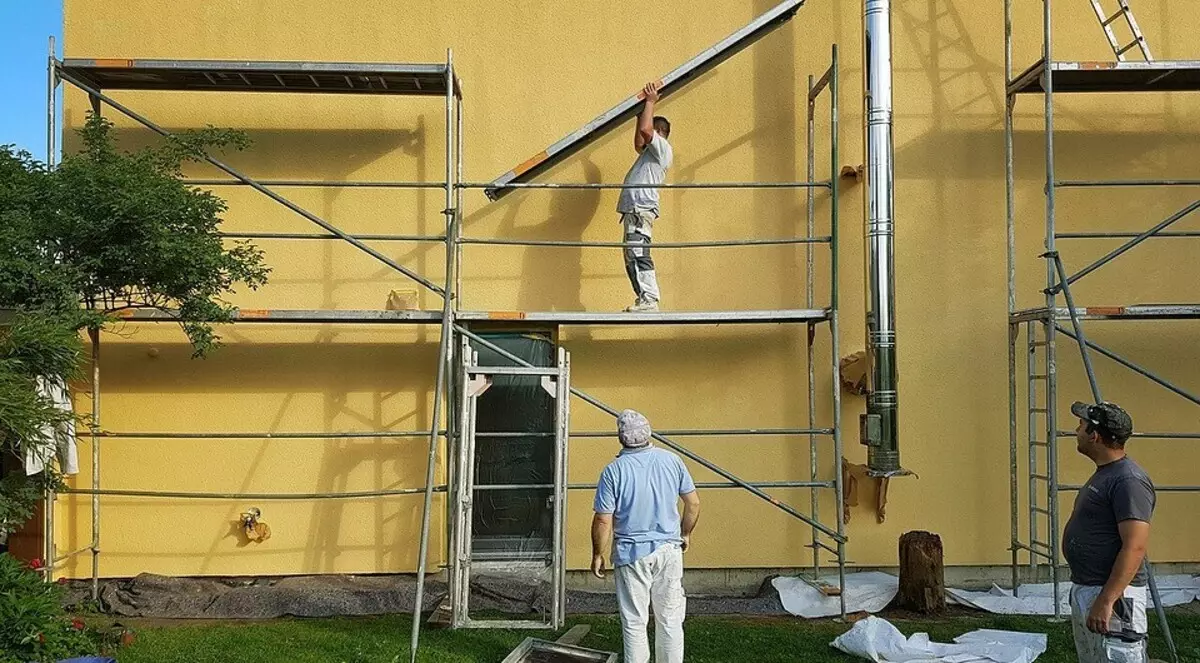
The article will be discussed not only about offices, warehouses, stores and production facilities. There are certain rules for reorganization that apply to kitchens, bathrooms, hallways, storerooms, dressing rooms, basements, equipped with heating boilers and electric generators. They are not intended directly to accommodate, but at the same time are part of apartments or IZhS objects. They refer to a separate category, and other sanitary and technical requirements are presented to them than to bedrooms, living rooms or cabinets. These features are taken into account when developing and coordinating the project. Lessoning the redevelopment of a non-residential building has a number of differences and general moments.
Lessoning the redevelopment of non-residential premises
Non-residential premises in apartments and country houses- Prohibited events
- Agreement process
If real estate in the MKD is re-equipped for business
Buildings not designed for accommodation
Non-residential premises in apartments and country houses
The main terms and definitions are contained in the Housing Code of the Russian Federation. It contains all the main rules that should be guided by changing the configuration of the supporting structures, as well as when re-equiping, which requires display in terms of BTI and technical passport. The document regulates the order of coordination of both the upcoming works and the illegally carried out. Such a need arises for any real estate operations requiring data verification specified in the IRRN and Plan of BTI, and their correspondence to reality.
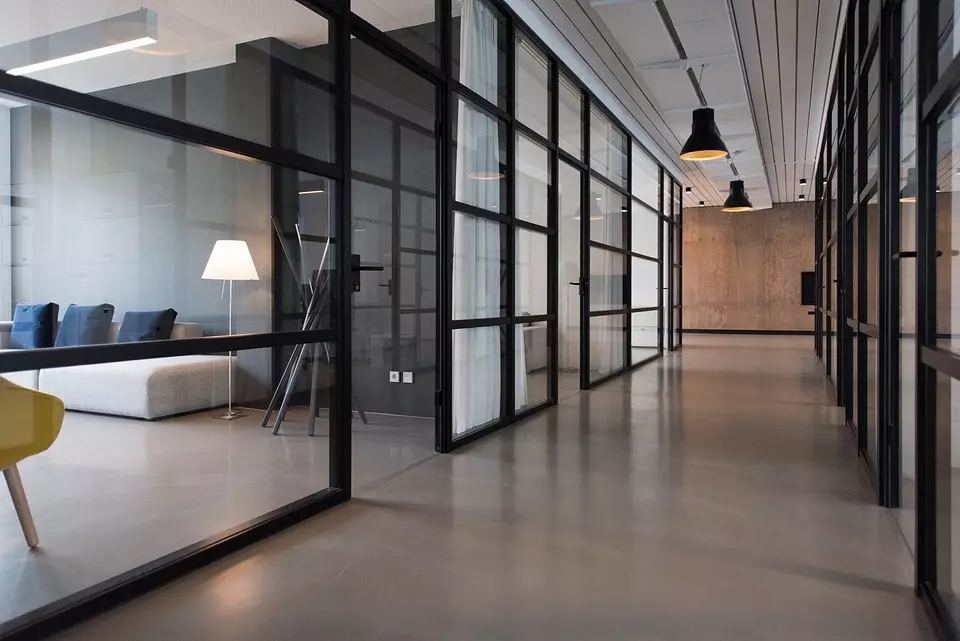
Violations can be discovered by neighbors and employees of public utilities. It is difficult not to notice them, if the living conditions have deteriorated in neighboring apartments, or if it was universally assigned part of the public territory. It should also be noted that since January 2019, the Housing Code of the Russian Federation establishes the same requirements for the reorganization of residential and non-residential premises. They concern not only apartments, but also organizations that occupy the lower floors.
Additional information is contained in sanitary and technical standards and local legislation.
What can I do
There are a number of events, which will not succeed.
- With partial or complete demolition of the ventilation channel, air quality deteriorates, mold appears on the walls. Installation of the supply fan in old buildings, where the air duct section is not large, will determine the exhaust. Exhaust air will fly to the neighbors.
- The unauthorized work of the openings can cause the weakening and partial destruction of the bearing walls and overlaps. Work without prior technical examination and project harmonization is prohibited.
- It is not allowed to expand the kitchen or bathroom at the expense of the area. The floors in the so-called "wet zones" have additional waterproofing, which is not in the residential premises. Even with its device, the water will leak down and up, increasing the humidity in excess permissible norms.
- The laying of stages in interpanel seams, as well as in the plates themselves is prohibited. A channel device is allowed to 2 cm deep under the wiring.
- You can not transfer the radiator to the balcony or loggia. This will lead to the fact that the temperature in the room or the kitchen will be below the normative.
- If a gas stove is used in the kitchen, it cannot be combined with the room.
- The central heating to the warm floor is not allowed.
- When laying pipes and electrical wiring it is necessary to provide access to them. To stir up under the decoration layer should not be in any case.
- Legislation prohibits to produce any changes that lead to the weakening and destruction of carrying structures. Restrictions differ depending on the series of the building and its status. The final response can give designer engineers after a technical examination, which uses professional equipment.
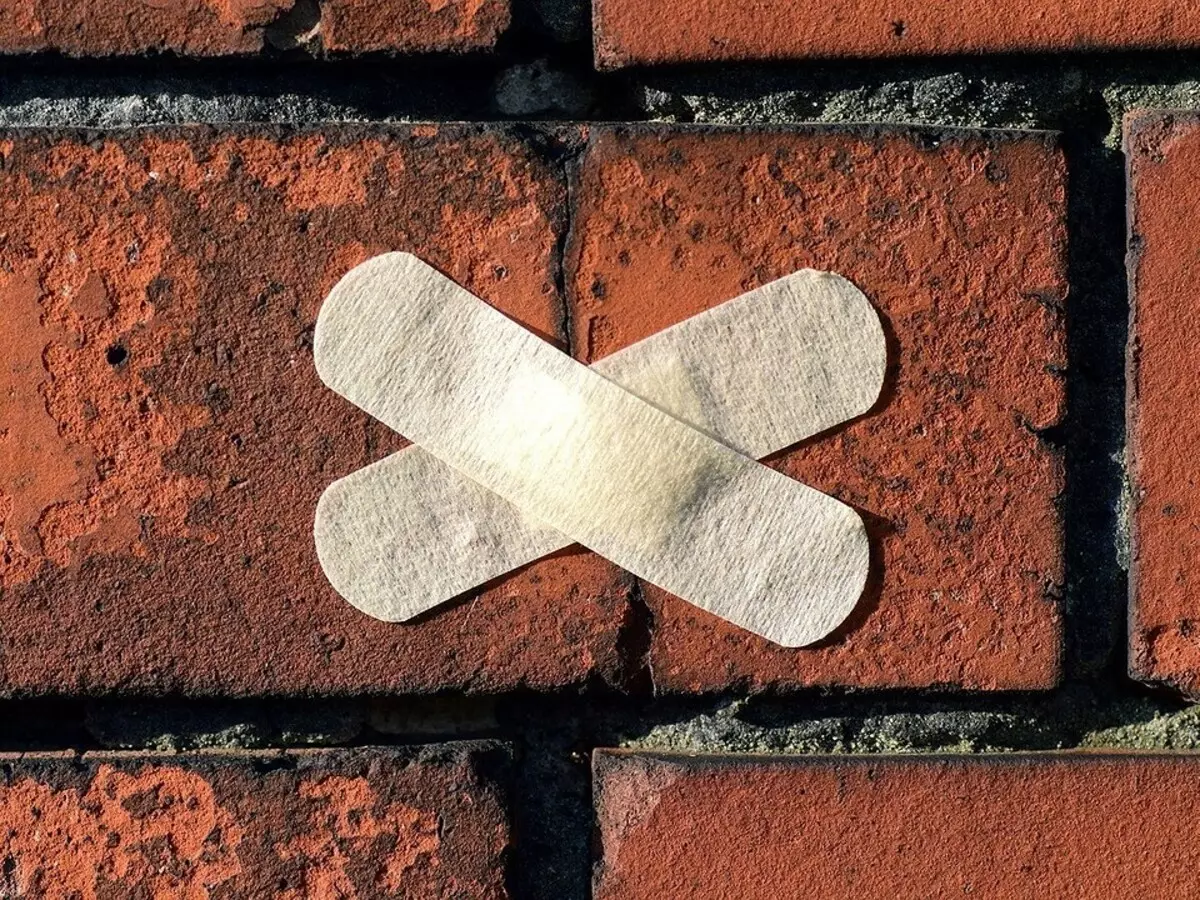
How to legitimize the redevelopment of non-residential premises
The legislation provides for the same rules for ILS and apartment buildings.To understand whether it is possible to agree on the consequences of illegal actions, you should contact a licensed design organization. After the technical inspection, the engineer will be able to determine whether communications and carrying structures have been damaged, and what are the further prospects. If there are disorders, they will have to be corrected. Designers will make a restoration plan, but it is not always possible to return the initial species. It is possible that recovery will cost very expensive. If, due to the unauthorized actions of the owners of the apartment on the facade, cracked appeared, you will have to repair it at your own expense.
If there are no violations or they are corrected, the negotiation becomes possible. It takes place in several stages.
Stages of coordination
- The BTI applies an application for unauthorized reorganization. It will be necessary to provide a vehicle and an extract from EGRN. It can be obtained in Rosreest or the MFC branch.
- After applying for a house, an engineer from BTI goes to the house. He fixes all the changes and makes up a new suggestion with a special stamp, noting new contours in red.
- After the survey, the engineer issues a conclusion about the technical condition of the designs and a list of organizations that the property owner will have to visit.
- A representative of Rospotrebnadzor is called to the house to compile a conclusion about the agreement of housing by sanitary standards.
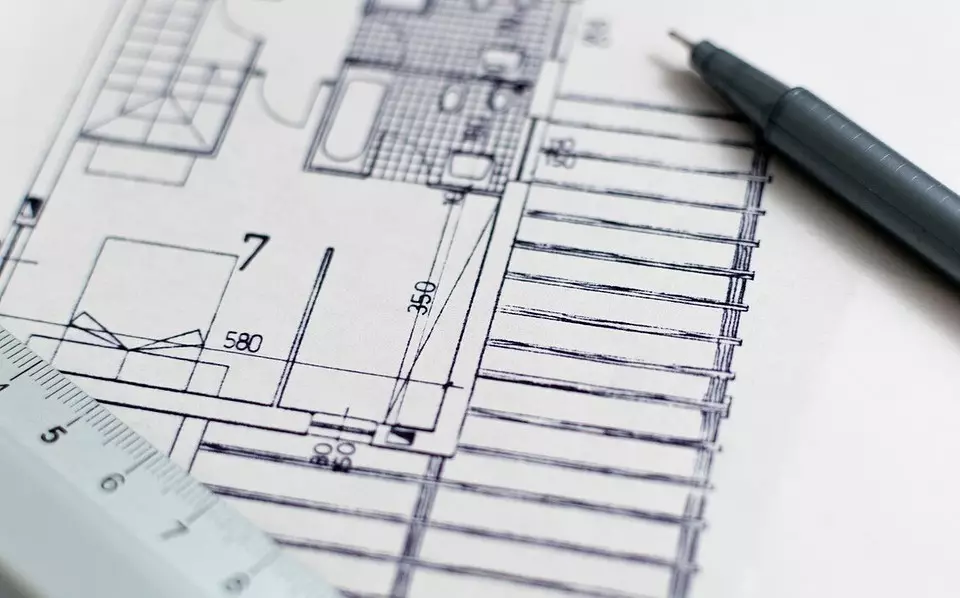
Construction and repair organization begins work on a project with all previous surveys. If there are no changes, or if they are not significant, they can be noted on a pencil plan. This is possible if not affected by communication, carrying walls and floors.
When the graphic and technical parts are ready, the paper is transmitted to the institutions involved in coordination. In Moscow, a moszhyl discretion is engaged in replacing the redevelopment of non-residential premises. In other cities, it may be an architectural department or local administration.
Document package in housing inspection
- statement compiled by the established form;
- technical passport with marks of the BTI employee;
- Extract from EGRN;
- Conclusion of Rospotrebnate
- project or sketch with new contours;
- the consent of the owners of housing;
- Receipt of payment of the fine (for individuals the amount will be from 2,000 to 2,500 rubles).
With a positive solution, a new cadastral passport is drawn up. Its manufacturer takes an average of about a month. The necessary adjustments are made to EGRN.
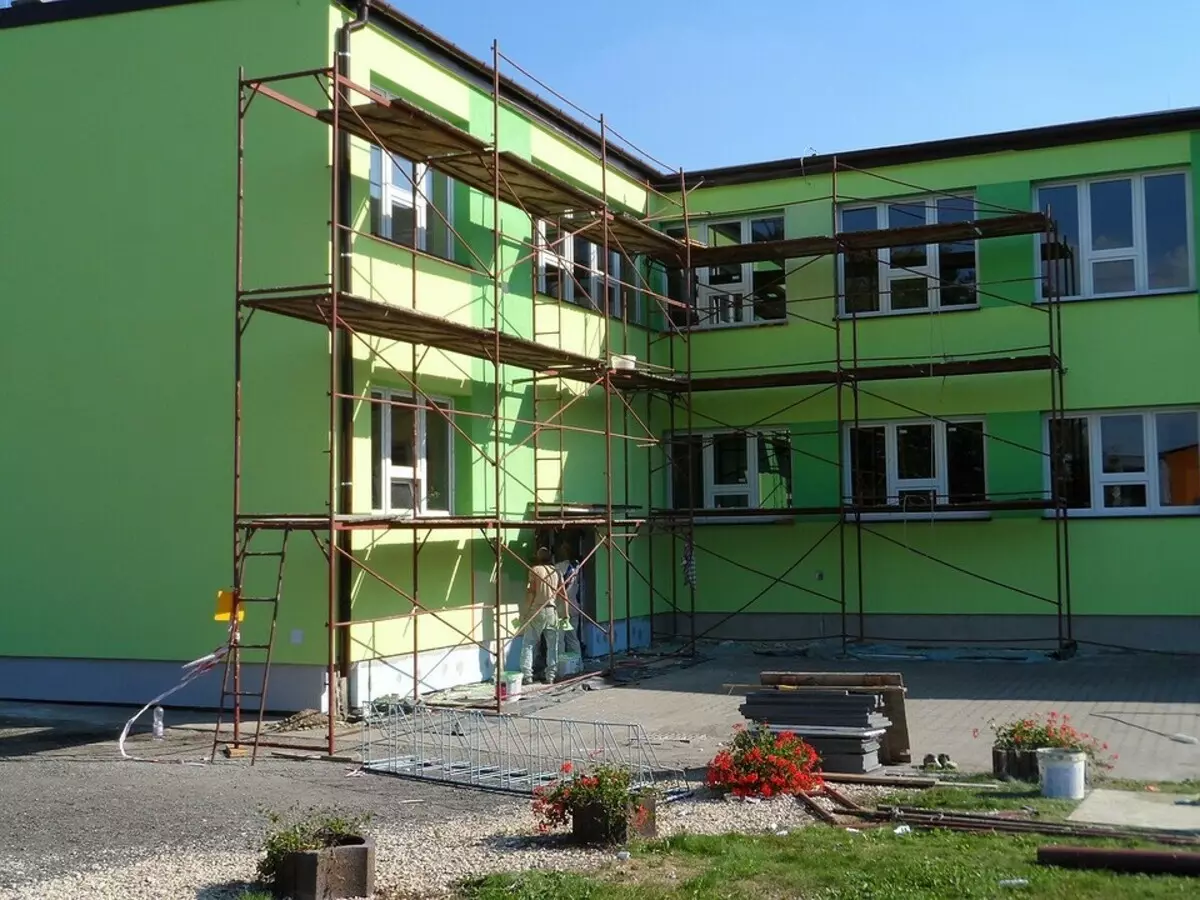
If the commission fails, it will have to act through the court. To do this, contact the nearest district office.
Document package
- statement of claim. As a respondent, an organization that answered a refusal;
- The conclusion of the designer from the engineering company that the changes correspond to sanitary standards;
- Help from Rospotrebnadzor;
- Powerport
How to legitimize the redevelopment in the non-residential room of the Ministry of Meadows
We are usually about the first or basement floor, where the premises are not apartments. Also, as in the case of the apartment, if the supporting walls, overlaps and engineering communications are affected, the project is required. If the consequences of the illegal reorganization lead to the loss of the carrier ability of structures, threaten life or worsen the conditions of residence, it will not be able to agree on it.
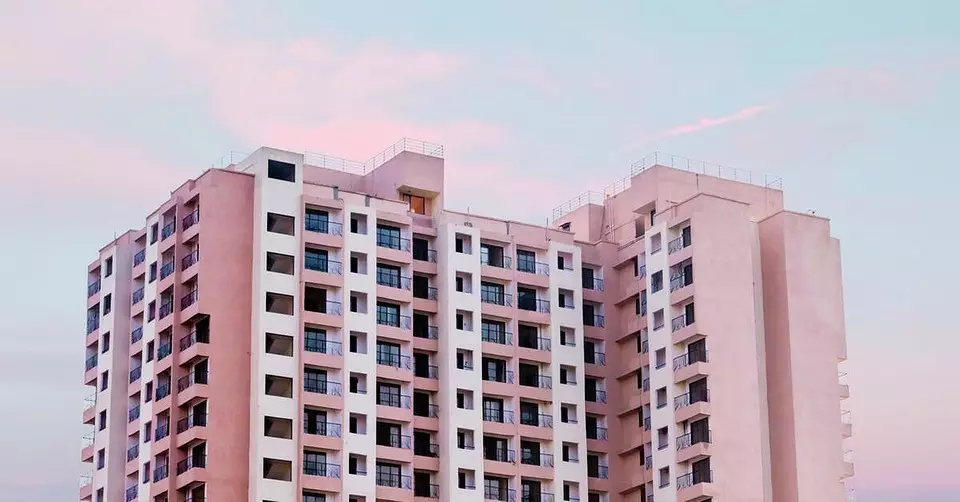
If on the first floor it is planned to open an office, a shop or other public place, it is necessary to take into account its specifics. According to sanitary and technical standards, in this case, the device will require a device of individual inputs and evacuation outputs separated from ordinary entrances.
There are a number of requirements and restrictions on the appointment of the area. If a grocery store is open on it, we will have to legalize not so much disorders during the repair, how much the opportunity to trade in this place is food. The reason for refusal may be increased humidity or the absence of a sufficient number of ventilation channels. It will be much easier to solve the problem if the owner opens a studio or shoe workshop. Depending on the appointment, the requirements for sound insulation, heating, insolation, fresh air inflows can be changed. A separate resolution will be needed when changing the scope of activity that caused redevelopment.
You can contact not only in engineering company, but also in the housing inspection. In the first case, it is possible to avoid the need to pay a fine for illegal reorganization. For individuals, it is 2,000-2 500 rubles, for legal - 40,000-50,000 rubles. Perhaps it will be wiserfully to carry out work on recovery and bring bearing walls and communications to the initial look. If it was decided to legitimize what was done, the penalty will have to pay, even if sanitary and technical standards are not violated.
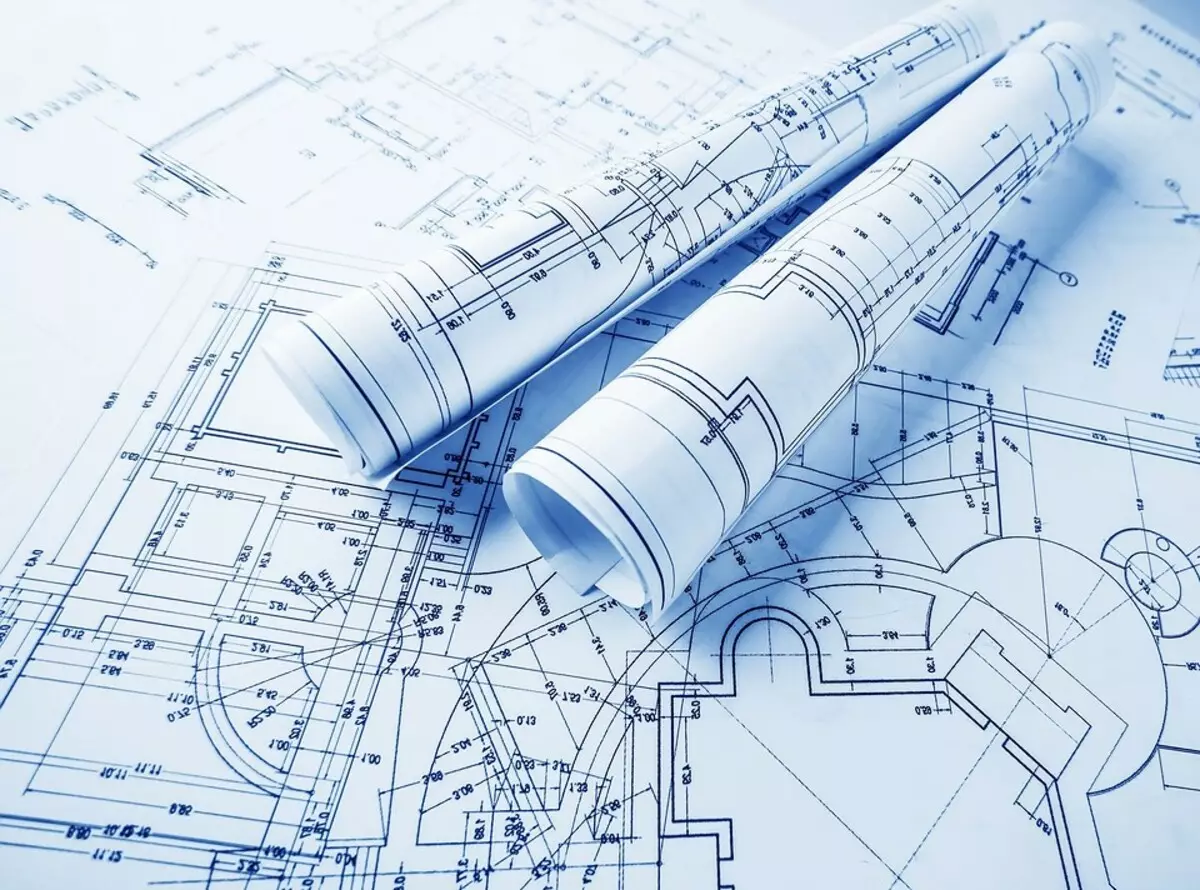
The application may apply the owner, a trustee and tenant. The procedure is the same as in the case of the apartment. After the housing inspection or architectural bureau will approve the project, you will have to collect securities in other instances. Permission must be issued:
- Interdepartmental Commission;
- Energy sales;
- Rospotrebnadzor;
- Ministry of Emergency Situations
Questions may arise from firefighters, especially if there are wooden floors in the house. If the building is an architectural monument, it will be necessary to report to the institution engaged in architectural supervision.
After agreeing with the Interdepartmental Commission, it will be necessary to call an engineer from BTI for the design of a new serviceport.
If a housing inspection failure or other competent authority, legalizing non-residential premises will be possible only through court.
Document package
- statement of claim;
- Conclusion of an engineer from a designer company about the absence of violations and compliance with current regulations;
- Powerports with marks made by the BTI employee during inspection;
- documents of a legal entity, including details, internal charters, information on bank accounts;
- certificates from Rospotrebnadzor, SES, MES, Fire Supervision, other instances, if necessary;
- The consent of other property owners in the building where the reorganization was made. If a community property affects, 73% of owners are required.
Non-residential buildings
The order of coordination is the same as in the previous cases. If you plan to change the configuration of the supporting structures or the installation of equipment that requires the appropriate adjustments in the technical passport of the building, the project is necessary. This type of activity can be engaged in a member of the SRO.
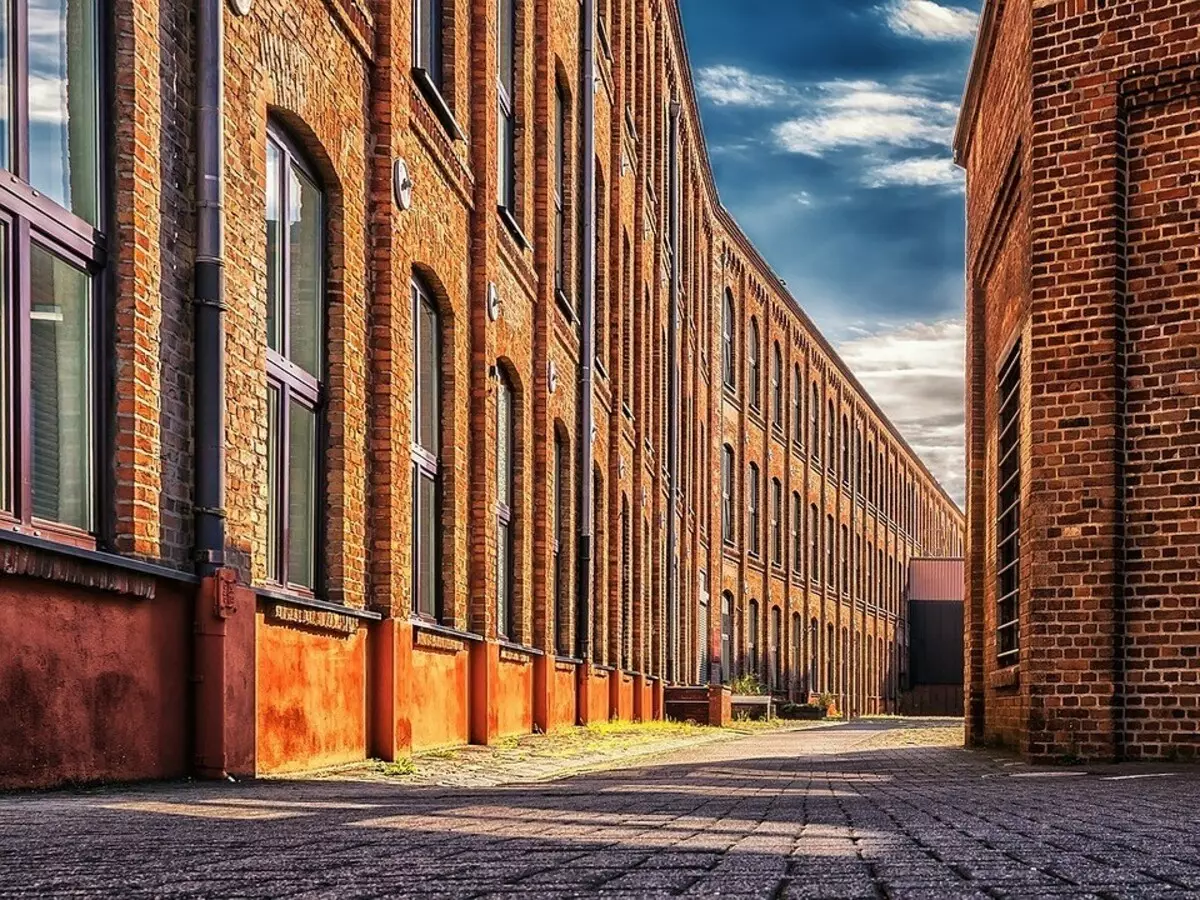
If the house is not multi-way, you need to comply with much less conditions in order to get a positive decision of the Commission. For example, it is not necessary to take into account the location of rooms and wet areas. If the workshop opens or for example, the Vocal Studio does not have to spend money on expensive sound insulation. Noise requirements during working hours are much lower.
It is difficult to give an exhaustive answer to the question - how to legitimize the redevelopment in a non-residential room. In each region, different requirements are presented. It is necessary to take into account the design features of the building, the degree of its wear. It is important what were the changes, and where they occurred. For example, if the neighbors on top or bottom made the opening in the bearing wall, you can not do the same, having it a little left or the right. It can be coordinated if it is in the same place as the neighbors, or at a great distance. Such examples are quite a lot.
